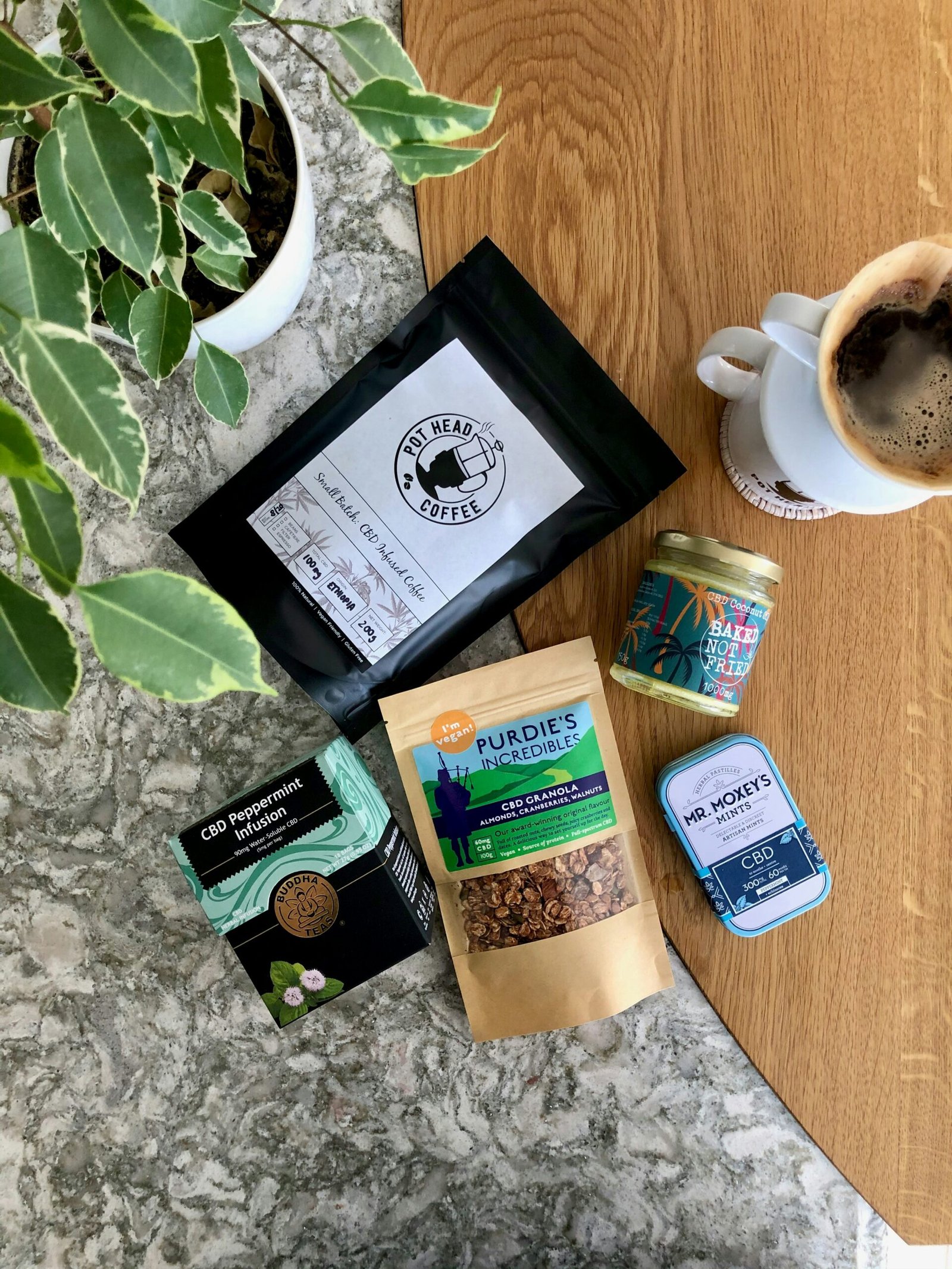Understanding the Connection Between Food and Mental Health
The relationship between diet and mental health is gaining increasing recognition among researchers and health professionals highlighting the critical role that specific nutrients play in brain function and emotional wellbeing. Studies suggest that what we consume not only nourishes our bodies but also significantly affects our moods and cognitive performance. The integration of a balanced diet can lead to improvements in mental clarity and overall mental health.
Omega-3 fatty acids found abundantly in fatty fish such as salmon as well as in walnuts and flaxseeds are particularly noted for their beneficial effects on brain health. These essential fats are vital for maintaining the integrity of neuronal membranes, facilitating effective communication between brain cells. Research has shown that higher omega-3 levels may alleviate symptoms of depression and anxiety suggesting a direct correlation between omega-3 consumption and mental wellbeing.
Antioxidants commonly present in fruits and vegetables play a critical role in combating oxidative stress within the brain. Food sources such as berries leafy greens and dark chocolate are rich in these compounds. Incorporating these antioxidant-rich foods into one’s diet can help improve mood and cognitive function by reducing inflammation and promoting neurogenesis. Vitamins such as B-complex particularly B6 B12 and folic acid also contribute positively to mental health by supporting neurotransmitter formation and reducing homocysteine levels which are linked to cognitive decline.
One illustrative example of a dietary approach that may enhance mental health is the Mediterranean diet. Rich in healthy fats whole grains fruits vegetables and fish this eating pattern has been associated with a lower incidence of depression and better cognitive function. Embracing such diets promotes not just physical health but also mental clarity and emotional resilience emphasizing the importance of nutritious foods in supporting both mind and body.
1Foods That Fuel Our Minds
Maintaining optimal brain health is essential for cognitive function memory retention and overall mental clarity. A balanced diet rich in specific foods has been shown to enhance brain function significantly. Key foods like fatty fish berries dark chocolate leafy greens and nuts are particularly beneficial and should be embraced in our daily meals.
Fatty fish such as salmon mackerel and sardines are excellent sources of omega-3 fatty acids. These essential fats are crucial for supporting neuronal structure and function. Omega-3s contribute to the production of neurotransmitters which are vital for effective communication between brain cells. Including fatty fish in your diet at least twice a week can lead to improved cognitive abilities and a lower risk of neurodegenerative diseases.
Berries, including blueberries strawberries and blackberries contain a wealth of antioxidants that combat oxidative stress. This stress can lead to cognitive decline over time. Additionally research indicates that the flavonoids in berries may enhance communication between brain cells thereby improving memory. A simple way to incorporate berries is by adding them to smoothies, yogurt, or breakfast cereals.
Dark chocolate particularly varieties with 70% cocoa or higher is not just a delightful treat but also a brain-friendly food. It contains flavonoids caffeine and antioxidants that can enhance mood and improve cognitive function. Consuming a small square of dark chocolate a few times a week may aid in boosting memory and attention.
Leafy greens, such as spinach, kale, and broccoli are packed with nutrients including vitamin K lutein and folate all of which are associated with better brain health. Incorporating leafy greens into salads smoothies or as cooked sides increases nutrient intake beneficial for mental function. Finally nuts particularly walnuts and almonds are high in healthy fats and vitamin E, which may help slow cognitive decline.
Incorporating these foods into your diet can be simple and enjoyable. For instance create meals centered around a fatty fish by grilling or baking it with herbs adding berries to your breakfast or snacking on a bit of dark chocolate or a handful of nuts. Prioritizing these foods can significantly impact your mental clarity and overall well-being.
Nourishing Our Bodies: The Essential Nutrients
Nutrition plays a pivotal role in maintaining physical health and supporting mental well-being. To achieve optimal functioning of the mind and body it is imperative to incorporate essential nutrients into our daily diets. These nutrients include proteins complex carbohydrates healthy fats vitamins and minerals each contributing uniquely to our overall health.
Proteins serve as the building blocks for our bodies playing significant roles in muscle repair, immune function and hormone regulation. Consuming a variety of protein sources including lean meats legumes and dairy products can help ensure an adequate intake of this essential nutrient. Adequate protein intake has also been linked to improved brain function promoting the synthesis of neurotransmitters that elevate mood and cognitive capabilities.
Complex carbohydrates are another crucial component of a balanced diet. Unlike refined sugars complex carbohydrates provide a steady release of energy which is beneficial for both physical and mental performance. Foods such as whole grains fruitsand vegetables not only promote sustained energy levels but also contribute essential fibers and antioxidants that support overall health.
Incorporating healthy fats, such as those found in avocados nuts, and fish, is vital for brain health. Omega-3 fatty acids in particular have been shown to enhance cognitive functions and reduce the risk of mood disorders. Vitamins and minerals also play critical roles in maintaining overall health. For instance B vitamins support energy metabolism while minerals like magnesium and zinc are essential for cognitive function and emotional regulation.
A well-balanced diet that includes these essential nutrients can prevent nutritional deficiencies that may adversely affect both mental and physical health. Thus, embracing a variety of nutrient-rich foods is fundamental to nurturing our bodies and enhancing our overall well-being.
Creating a Holistic Eating Plan for Mind and Body Wellness
Developing a holistic eating plan is essential for advancing both mental and physical health. To begin crafting this plan meal planning stands as the cornerstone of achieving wellness. By pre-arranging meals individuals can ensure they incorporate a wide array of nutrients necessary for optimal brain and body function. This practice not only saves time during busy weeks but also facilitates smarter food choices reducing the likelihood of impulsive, less nutritious meals.
Next, setting realistic dietary goals is crucial in promoting sustainable lifestyle changes. Aiming for gradual adjustments rather than drastic alterations can lead to better adherence to the new eating plan. For instance, one might start by integrating more fruits and vegetables into daily meals or choosing whole grains over refined options. These small incremental goals help build confidence and create a solid foundation for ongoing improvements.
Mindfulness in eating practices also plays a vital role in a holistic approach to nourishment. This involves savoring each bite recognizing hunger and satiety cues and appreciating the flavors and textures of food. Mindful eating encourages individuals to develop a healthier relationship with food allowing them to acknowledge emotional triggers that may lead to overeating.
Navigating social situations can sometimes be challenging when adhering to a holistic eating plan. However being prepared can ease this transition. Familiarizing oneself with nutritious options at social events, while also allowing room for moderate indulgences will create a balanced approach. Understanding portion sizes is another key factor—using smaller plates or measuring servings can help maintain food intake without feeling deprived.
Lastly, a call to action: take time to assess your current dietary habits and identify areas for improvement. Focus on incorporating whole, unprocessed foods into your diet while gradually eliminating overly processed items. Small changes can lead to significant benefits enhancing both mental clarity and overall well-being for a more fulfilling, nourishing life.









